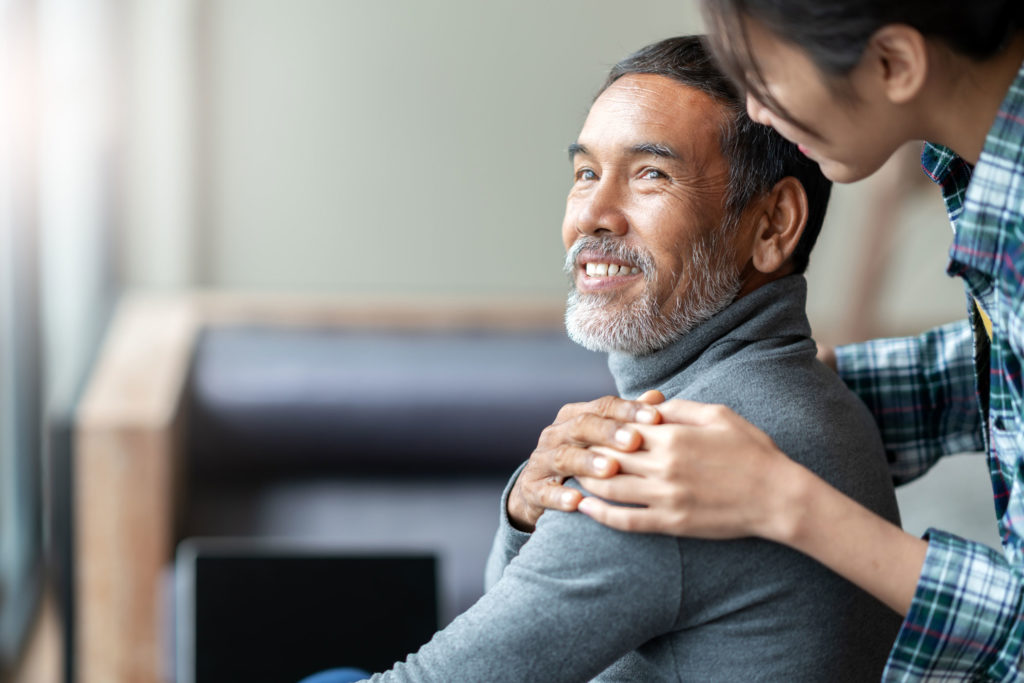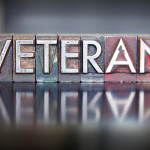
Military Veteran Caregivers – Behind the Scenes Making a Difference
This post may contain affiliate links or Google Ads and we may earn a small commission when you click on the links at no additional cost to you. As an Amazon Affiliate, we earn from qualifying purchases. This is at no additional cost to you and helps with our website expenses.
Veterans who are experiencing illness or injury due to their military service often need the assistance of caregivers for daily living activities. Many military veterans need their assistance if they experience mental disorders like PTSD. They help with home care, other daily tasks, health care appointments, and others. These veteran caregivers provide support and home care to people who are handicapped, disabled, or cannot perform their routine tasks.

Some injured, ill, and wounded military service members and veterans need care and support from friends, family members, and others. The veteran caregivers’ effort assists them and provides them better quality lives and can improve and accelerate their rehabilitation and recovery.
Key Factors about Military Veteran Caregivers
- In the United States, there are 5.5 million military caregivers, and almost 1.1 million of whom care for military veterans who have served after September 11, 2001, terrorist attacks.
- They are responsible for doing a broad range of tasks from bathing and dressing to administering medicines and wound care. In this way, they help them in coping with physical as well as mental pressure.
- They help patients handle depression and stress and other negative health outcomes, increased financial difficulty, relationship distress, work problems, and others.
Responsibilities of Caregivers
These veteran caregivers perform many tasks, from personal care to routine tasks of the patients. If the patient is unable to perform his personal care, they help them with exercising, toileting, grooming, and bathing. They help them with food preparation and eating as well. Helping with tasks like dropping off mail and other outdoor work can be their responsibility.
These caregivers are responsible for giving medication on time and handle the doctor’s appointment. No doubt, they can provide emotional support to the patient. Some patients have mobility challenges; these caregivers help them move and get out and into the wheelchair.
If patients are sitting or lying in the same position, then the chances are higher for pressure ulcers. Moreover, the specific part of the skin rubs the surface of the wheelchair or bedding, and it becomes senseless. In this way, the tissues in the area become dead, and it begins to damage the specific part of the skin. These veteran caregivers can improve the blood circulation in that area with a massage or other therapies.
Challenges for the caregivers
Taking care of others could be stressful and a difficult thing to do. It needs patience and tolerance. Moreover, these caregivers have to pay attention to the patients to improve their health. Therefore, some people experience the sign of physical symptoms, anxiety and depression, and headaches because of self-neglect.
Bottom Line
Hiring these veteran caregivers is more cost-effective for military veterans. If they hire them outside, then it will be more expensive for them. The patient needs special care and attention if he is feeling pain and cannot manage his routine tasks. They can help them in the treatment of several orthopedic disorders.
Patients can avoid allergies and rashes since caregivers take care of a hygienic environment. They go for minor exercises or therapy to treat injuries regularly. They take care of patients by monitoring the blood pressure, relaxing the muscles, maximum relaxation, and calming the body.



